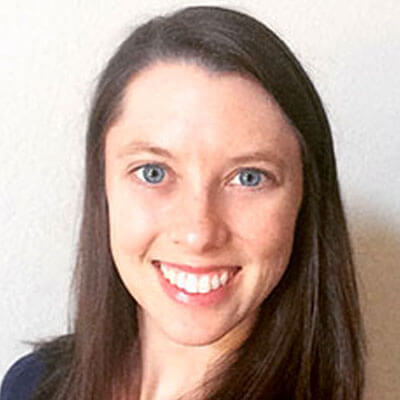The high school foreign language requirement is one of the more debated topics in modern curricular design. Just recently, there was a bill put forth in Virginia (read more here) to allow computer coding to replace the foreign language requirement in public education. In an increasingly information-flooded society, some students don’t even see the need to achieve any semblance of fluency in another language; it is a box to be checked. However, most universities still like to see completion of at least two to three years of a foreign language in high school, from homeschool, public school, and private school students alike. Unfortunately, after three years, when they are just on the cusp of taking off in their language pursuits, many students quit before they get to the good stuff! Don’t let the minimum requirements stop you from taking the next step. Why is it worth going above and beyond?
Vocabulary
The first years of language learning are spent focusing on grammar. Verb conjugations, parts of speech, and sentence construction are all critical to achieving fluency. The vocabulary included is purely designed to teach these grammatical concepts. Certainly, you learn foods, hotel information, places in town, etc., which are all important for traveling. However, most conversations of philosophical, moral, communal, or social value don’t involve saying, “I need a room with air conditioning, please.” Post-year three, foreign language students begin to explore vocabulary in context, making students better able to express more complex and personal ideas about their own lives. Additionally, upper-level classes tend to present 21st century vocabulary that is critical for difficult conversations that need to be held in modern times.
College Placement Tests
 Beyond looking good on a college application, there will be advantages for a child who takes extra language in high school. Most universities have a foreign language requirement and will give students a placement test during orientation. With extra language studies in high school, many students are able to place out of between two and four semesters of college level language, sometimes eliminating the language requirement. For those who don’t plan on being a language major, that’s amazing news! You can spend more time learning what you actually crave. For those that do hope to be a language major or minor, that’s still great news! You will get to jump right into classes that count towards your major and will get to delve into interesting topics right away.
Beyond looking good on a college application, there will be advantages for a child who takes extra language in high school. Most universities have a foreign language requirement and will give students a placement test during orientation. With extra language studies in high school, many students are able to place out of between two and four semesters of college level language, sometimes eliminating the language requirement. For those who don’t plan on being a language major, that’s amazing news! You can spend more time learning what you actually crave. For those that do hope to be a language major or minor, that’s still great news! You will get to jump right into classes that count towards your major and will get to delve into interesting topics right away.
Preparation for the University Classroom
For those seeking a major or minor in a foreign language, the university classroom is a whole new world. The focus of the college classroom is often literature and culture rather than grammar. If your student takes a course in high school that requires students to read a book in the target language, he/she will feel confident rather than overwhelmed going into the college classroom setting. Classic literature in a foreign language is hard enough without the doubts of whether or not the reading can be completed! If your student takes a class with required reading in high school, he/she will not be consumed by doubts. Your student will know that success is attainable, even if it’s tough!
Choosing courses that will be beneficial to your student is an important and sometimes challenging decision. For some students, going beyond year three is not the right choice, which is important to acknowledge. Work together as a family to examine your student’s goals and dreams; the right path will become evident!






